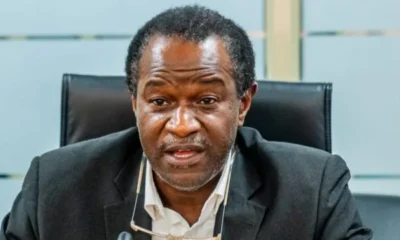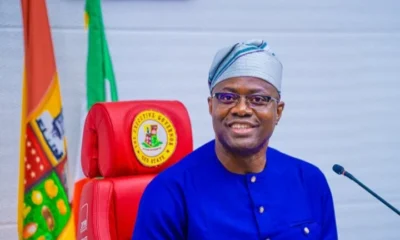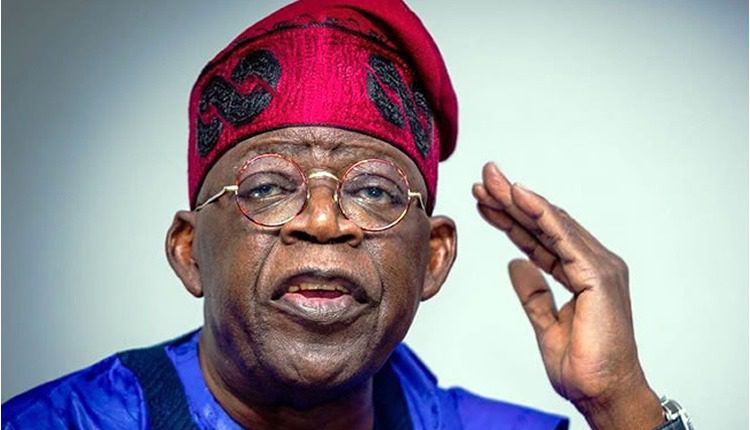The Federal Government has announced an ambitious plan to harness Nigeria’s creative economy, aiming to generate at least $100 billion and create over two million jobs annually.
Minister of Art, Culture and the Creative Economy, Hannatu Musa Musawa, revealed the government’s strategy at a roundtable discussion with local and international investors, presenting her ministry’s comprehensive Plan and Roadmap.
According to Musawa, successful implementation of the plan has the potential to achieve these lofty objectives, transforming Nigeria’s creative sector into a significant contributor to the nation’s economy.
The plan’s key goals include: generating at least $100 billion yearl, cCreating over two million jobs annually.
- The Current State Of The Industry
She lamented that despite its huge potential, Nigeria’s creative industry currently contributes just $5 billion to the economy, with its different sub-sectors at various stages of development.
The sub-sectors include music (sound recording, live performances and music videos), visual media (movies, TV shows, comedy shows, podcasts, content creation), visual arts & crafts (canvas painting, design, sculpturing, woodwork, and other craft works), heritage & museums, culinary arts, fashion, publishing (books, literary arts, poetry, magazine, etc), and video gaming.
To achieve its ambition, Musawa said the ministry has identified 14 pivotal initiatives that will drive the sector’s growth and significantly boost government revenue.
She grouped these initiatives under four unique pillars: Technology, Infrastructure and Funding, International Culture Promotion, and Intellectual Property Monetization.
Under the Technology pillar, the Minister said the Ministry intends to launch a digital content creation tool accessibility program to provide improved and discounted digital tools for Nigerian creatives.
Others include the launch of the Nigeria content distribution initiative to increase the nationwide adoption of digital tools for content distribution, the launch of a study to estimate the size of the creative industry in Nigeria including a framework to size the market going forward, and the expansion of internet accessibility in underserved regions in Nigeria to expand the reach of the other digital initiatives.
For Infrastructure and Funding, she said, this entails cataloguing existing infrastructure for the Arts, Culture and Creative Economy and its current state, developing the appropriate infrastructure needed to the industry and leveraging public-private partnership to fund development, providing incentives to stakeholders in the creative economy to boost investment and adoption of strategic initiatives, and launching a creative accelerator program to provide capital, and capacity building to creative companies.
“Under International Culture Promotion, the Ministry will establish a culture promotion office collaborating with Nigerian embassies abroad, to promote Nigerian arts, culture and creative economy, and leverage AFCTA to boost Nigerian creative output export regionally and globally.
“For Intellectual Property Monetisation, the Ministry will seek to establish Globally standardized CMOs (Collection Management Organisations) for most of the sectors, launch a Copyright Oversight Initiative in partnership with the Nigeria Communications Commission (NCC) to enhance tracking, monitoring, and enforcement of copyright standards, ensuring CMOs’ adherence to CISAC standards.
“It will also develop and implement the intellectual property framework and operationalize Nigeria’s IP licencing framework,” she said.
Musawa said that Nigeria’s Creative Economy has the potential to grow by 400% by 2027, positioning the sector to leapfrog in the long term and deliver the vision for the sector.
To aid in the realization of the government’s job creation target in the creative industry, the Minister disclosed that the Ministry has entered a partnership with BigWin Philanthropy, a major international development partner, to deliver a transformative capacity-building and job creation strategy.
According to the National Bureau of Statistics, Nigeria’s creative economy has a very low contribution to overall GDP in comparison with benchmark countries, with the industry contributing just 1.2% to Nigeria’s GDP in 2022, the least when compared to other African countries like Morocco (2.7%), South Africa (3.0%), and Egypt (4.3%).
It also ranks low (1.0%) in its ability to earn government revenue from the sector, compared to South Africa’s 12.5%.
Credit: Nairametrics

 BIG STORY3 days ago
BIG STORY3 days ago
 BIG STORY2 days ago
BIG STORY2 days ago
 BIG STORY3 days ago
BIG STORY3 days ago
 BIG STORY3 days ago
BIG STORY3 days ago
 BIG STORY6 hours ago
BIG STORY6 hours ago
 BIG STORY2 days ago
BIG STORY2 days ago
 BIG STORY2 days ago
BIG STORY2 days ago
 BIG STORY2 days ago
BIG STORY2 days ago






















